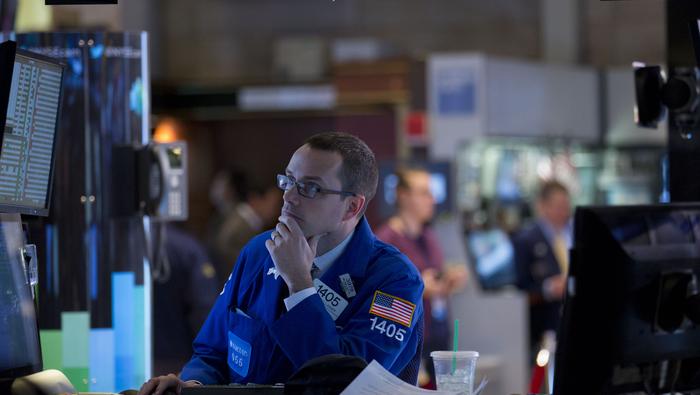LIVE events are held each day with DailyFX analysts, for details please see the Webinar Calendar.
Today’s webinar piqued a lot of interest as clearly many traders are interested in the power behind using candlestick analysis. While there are well over 30 different formations involving one to several candlesticks, we focused primarily on two higher probability formations. Key reversals, also known as ‘pin bars’, ‘hammers’, ‘shooting stars’, as well as other names, were the first we focused on. Following that we looked at the ‘doji’ in its various forms.
The idea behind these candlesticks is they show us a lot about supply and demand, or buying and selling pressure in the market. Like other forms of analysis, they are best used in conjunction with, for example, various forms of support and resistance, whether it be simple price-based levels, Fibonacci, moving averages, or other methods for identifying key levels in the market.
Reversal-type candles can show us if the market is responding to the levels on our charts, or if a market is unable to sustain a countertrend move before heading back in the direction of the primary trend. We looked at several examples to show how these powerful bars can be utilized to gain valuable information.
Not only can we obtain important information about supply and demand, but reversal bars can be helpful in timing entries and assessing risk. For example, if you get a solid bearish key reversal at resistance it can help you enter into a trade with a defined point to set your stop-loss. In this case, it would be set sufficiently above the high of the candle. (For a long-trade, opposite.) You would of course want to take into consideration the distance to a logical exit relative to your entry and stop for a good risk/reward ratio.
For the full discussion, please see the video above…
Check out our Q3 Forecasts for our take on where markets are heading.
---Written by Paul Robinson, Market Analyst
You can receive Paul’s analysis directly via email by signing up here.
You can follow Paul on Twitter at @PaulRobinonFX.





